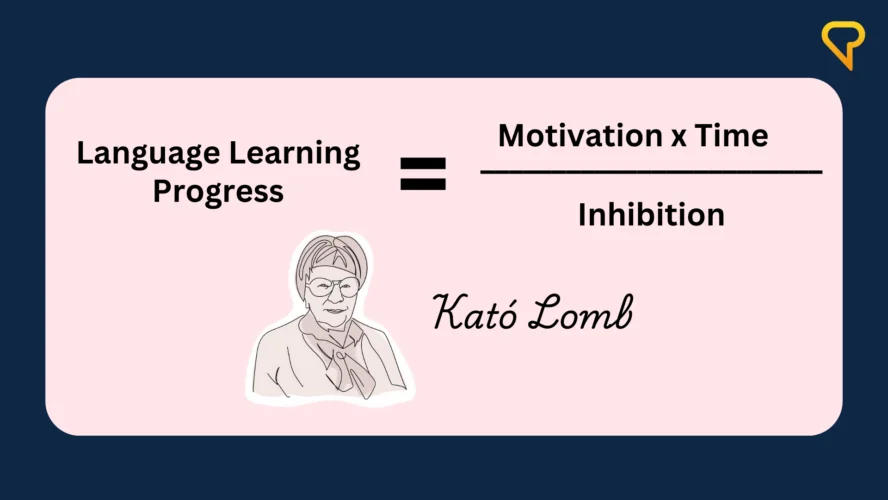The truth is simple: anyone can learn a language. It doesn’t matter if you’re 20 or 70, whether you think you have a knack for languages or not. Learning is a natural process that never stops. All you need to learn a language is motivation, a tolerance for error, and consistency.
Neuroplasticity: Does Age Matter in Language Learning?
One of the biggest misunderstandings out there is that learning becomes more difficult with age. This is simply not true. Neuroplasticity, the brain’s ability to form new neural connections, remains with us throughout our entire lives. Every time you expose yourself to new vocabulary, grammar patterns, or sounds in a language, you’re creating new pathways in your brain. Language learning is a form of mental exercise, as you’re constantly strengthening your cognitive muscles.
For a deeper explanation regarding the relationship between age and language learning, I recommend watching this video below.
What Really Matters: Consistency Over Perfection
When you are learning a language, errors are an inevitable part of the process. In fact, in the earlier stages, you may make so many errors when speaking that your message is unintelligible. This can be discouraging. Therefore, we must embrace our mistakes and not become too discouraged. Forget about mastering everything perfectly from day one.
What truly matters is consistency. Repeated exposure to a language helps your brain gradually form a model of its structures. I repeat, this is a gradual process. Through enough exposure to the language, you’ll begin to predict patterns, understand context, and eventually produce language more accurately and naturally.
Language learning is not a matter of talent; it’s about staying engaged with the language regularly. Success in language learning requires persistence, a ‘stick-to-itiveness,’ if you will.
The Role of Motivation in Learning
I consider motivation to be the most important element in language learning success. Understanding the rewards and benefits of learning another language—having a reason to want to succeed as a language learner—is essential. Motivation isn’t a magical force that appears out of nowhere. You need to have a clear reason for learning.
In fact, polyglot Kató Lomb defines progress in language learning as simply a product of motivation and time, divided by inhibition.

Motivation is also useful in the form of small nudges to help you stay on track. It often comes from small, deliberate actions. For example, finding content in your language that actually interests you can be a great motivator to stay consistent and build habits that keep you moving forward, even when you don’t feel like it.
Embrace Frustration: It’s Part of the Process
Learning a language is like setting up new equipment or trying a new hobby—frustrating at times, but rewarding in the end. To learn, you need tenacity. The key to success as a language learner is to develop a tolerance for frustration. Every mistake, every moment of confusion, is a sign that your brain is working to adapt and learn. Embrace it.
Final Thoughts: No More Excuses
At the end of the day, the only thing standing between you and language fluency is your mindset. Age doesn’t matter. Talent is irrelevant. What matters most is that you show up, stay consistent, and keep learning. Well, that’s all for now. Happy learning!








comments on “No More Excuses: Why Anyone Can Learn a Language”